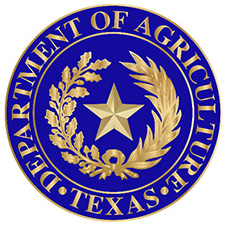Southeast’s peat bogs have carbon storage superpowers
Rewetting drained coastal evergreen shrub bogs in the Southeast that were once used for farming could make a small but significant contribution to reducing U.S. carbon dioxide emissions, according to a recent study. The bogs, known as pocosins, can absorb and hold extraordinary amounts of CO2 because they contain antimicrobial compounds called phenolics that prevent the waterlogged peat from decaying rapidly, even during times of drought.
TODAY’S QUICK HITS
Dirty ethanol: The nation’s ethanol plants produce more than twice the climate-damaging pollution, per gallon of fuel production capacity, than the nation’s oil refineries, according to a Reuters analysis of federal data. (Reuters)
Trouble for fast-food law?: Restaurant owners moved Wednesday to at least temporarily block a new, nation-leading California law giving more power to fast-food workers. (AP)
Public charge changes: The Biden administration officially rolled back the Trump-era “public charge” rule aimed at limiting immigration by people who might use social services. Advocates say the rule kept eligible immigrants from applying for aid like free or reduced-price school lunch and SNAP. (The Hill)
Save water, raise dust: A report says California’s water conservation rules are likely to create significant amounts of dust in the San Joaquin Valley, a region that already has the country’s worst air quality. (High Country News)
Peripatetic pollinator: Hoverflies may fly hundreds or even thousands of miles — all to help pollinate our flowers and vegetables. (Scientific American)
The garbage of fishing: Between 75 and 86 percent of the plastics floating in the Great Pacific Garbage Patch come from offshore fishing and aquaculture activities, according to a new study. (Popular Science)











